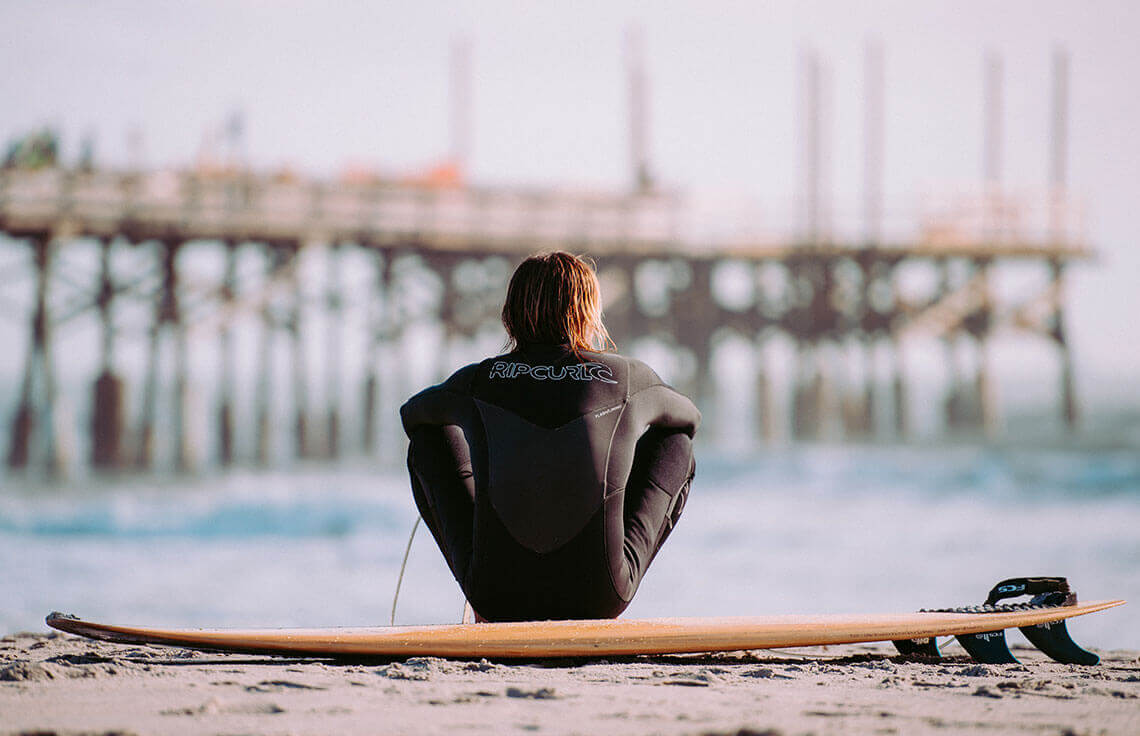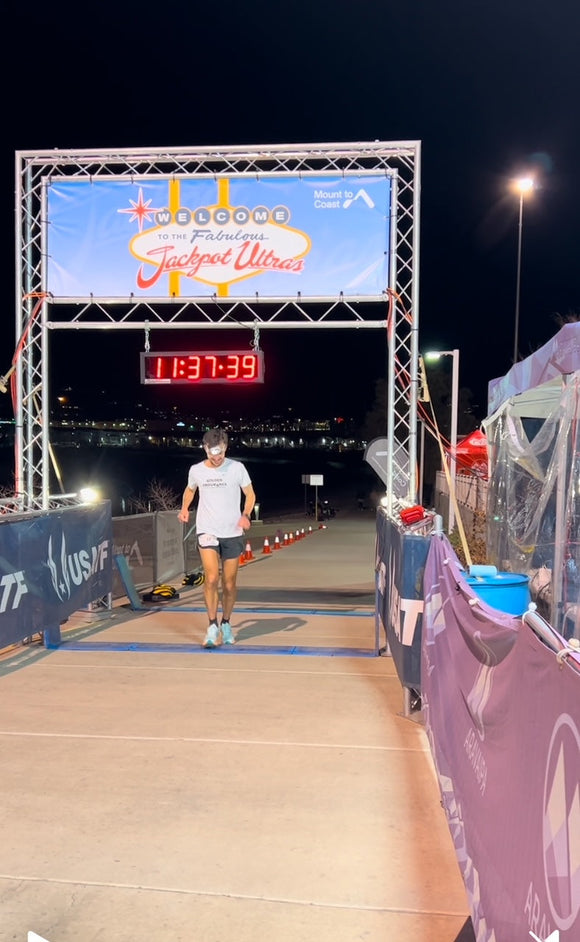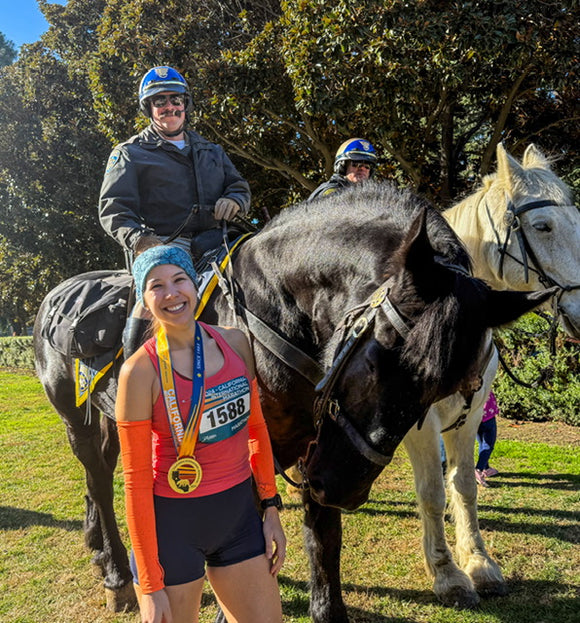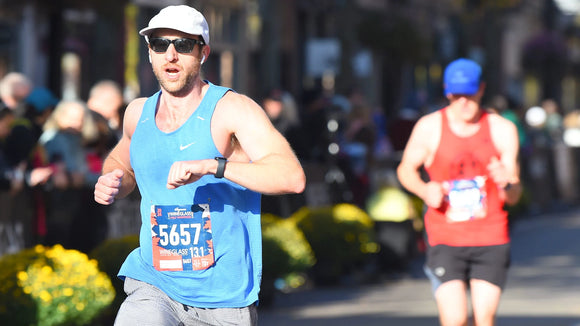Great surfers deeply understand their board, their surroundings, and the conditions, but above all, they know themselves: what they are capable of, what their limitations are, and what they need. To get the most out of every surfing session and achieve peak performance, surfers need to hydrate properly. In fact, surfing without hydration leads to a 20% drop in surfing performance. [1]
Why is hydration so essential? Water is what fuels our body, all the way down to the cellular level. Dehydration affects everything from your energy to your muscular endurance to your cognitive ability. If you lose a lot of body water through sweat (and if you’re reading this, you probably do), you must replace that lost water in order to prevent dehydration and achieve your best performance.
Surfers are especially prone to dehydration—studies have found that athletes lose body water faster when immersed in salt water. [2] Furthermore, the wetsuits surfers wear impact the body’s thermoregulatory process and cause surfers to lose body water faster. [3] In spite of the major drop in performance this can cause, even elite surfers don’t take steps to hydrate properly.
Dehydration causes an array of issues that lead to that 20% drop in performance. Some of these problems include:
- Decreased lower body endurance—popping up gets harder and harder
- Painful cramping (particularly in the calves)
- Impaired cognitive ability, affecting your capacity to judge waves and react fast
- Fatigue—you’ll get much more tired, much faster
All of these issues make it harder for you to perform at your best, and just as importantly, they suck all the joy out of surfing. It’s hard to appreciate a good session when you can’t get rid of the painful cramp in your leg or your brain feels too foggy to focus.
The good news is that it’s simple to hydrate properly. While it’s best to hydrate at regular intervals during your session, studies have shown that consuming a large amount of fluid before you head out has a similarly beneficial effect. [4] Drinking at least 17 oz of water two hours before you hit the water will make a big impact on your hydration—if it’s extra hot, add another 8-17 oz to that. We recommend mixing your water with Preload, since the sodium it contains will quickly replace what you lose when you sweat. This will keep you from cramping and losing energy, so you can stay out for a long session fully hydrated and feeling great. If you do take a water break during your session, add a packet of Active Hydration to your bottle for an extra boost in your hydration and your energy.
After a good long session, you’ll need at least 24 hours to fully recover and restore the muscle glycogen you’ve used. It’s also key to consume carbohydrates at this point so your muscles can rebuild and grow stronger. Acute Recovery mixed in with almond, rice, or coconut milk (or even chocolate milk) makes a delicious drink chock full of the potassium, protein, and magnesium you need to nurture your body. Potassium and magnesium have the additional benefit of preventing future cramping. Throw a banana in for extra potassium, or chia seeds for added fiber.
Hot sun, aching muscles, an ocean’s worth of salt water—surfing is thirsty work. Make sure you do it feeling and being your greatest by hydrating properly before you head out, and giving your body what it needs to recover when you get back.
[1] Carrasco, Alexander Jason. Effects of Exercise-induced Dehydration on Cognitive Ability, Muscular Endurance and Surfing Performance: A Thesis Presented in Partial Fulfilment of the Requirements for the Degree of Master of Science in Sport and Exercise Science at Massey University, Auckland, New Zealand. Master’s thesis, 2008.
[2] Ibid.
[3] Ibid.
[4] Murray, Robert, PhD. “Dehydration, Hyperthermia, and Athletes: Science and Practice.” Journal of Athletic Training 31, no. 3 (Summer 1996): 248-52.



